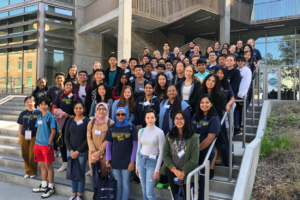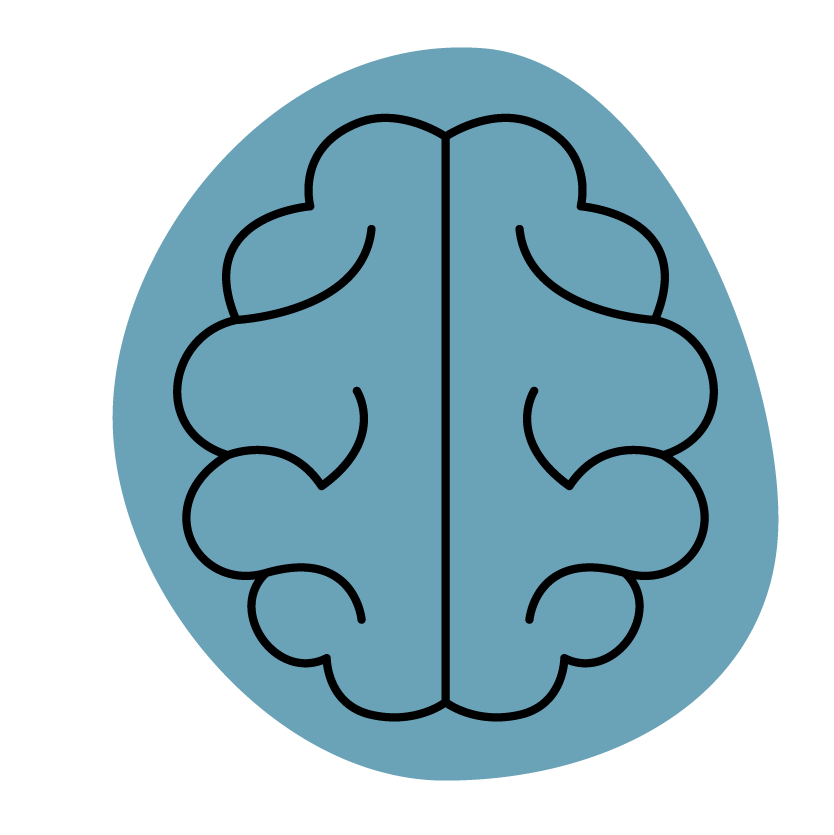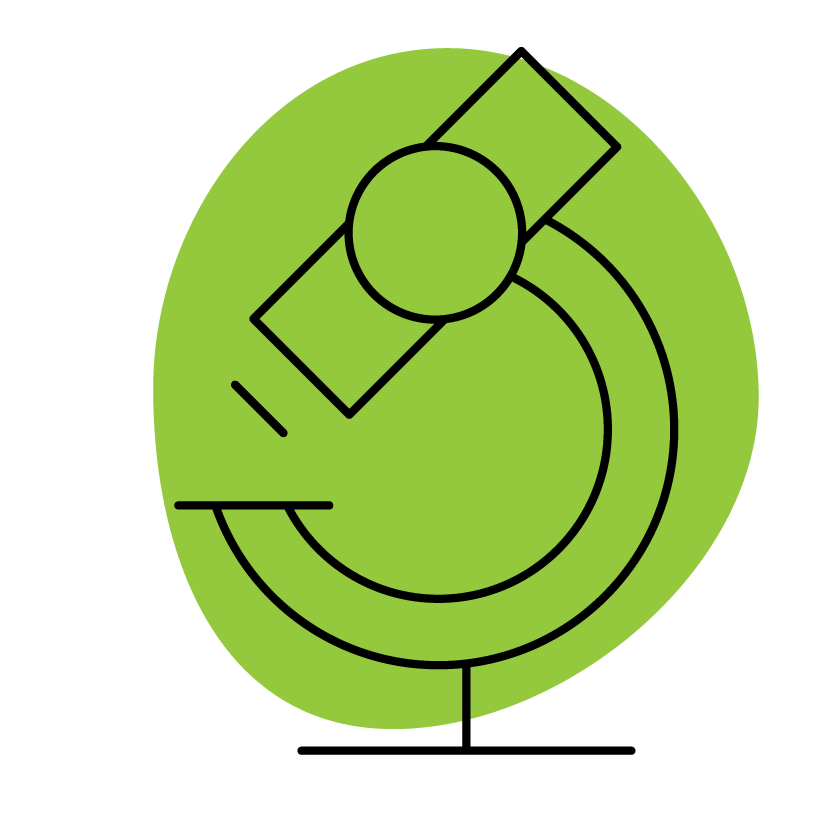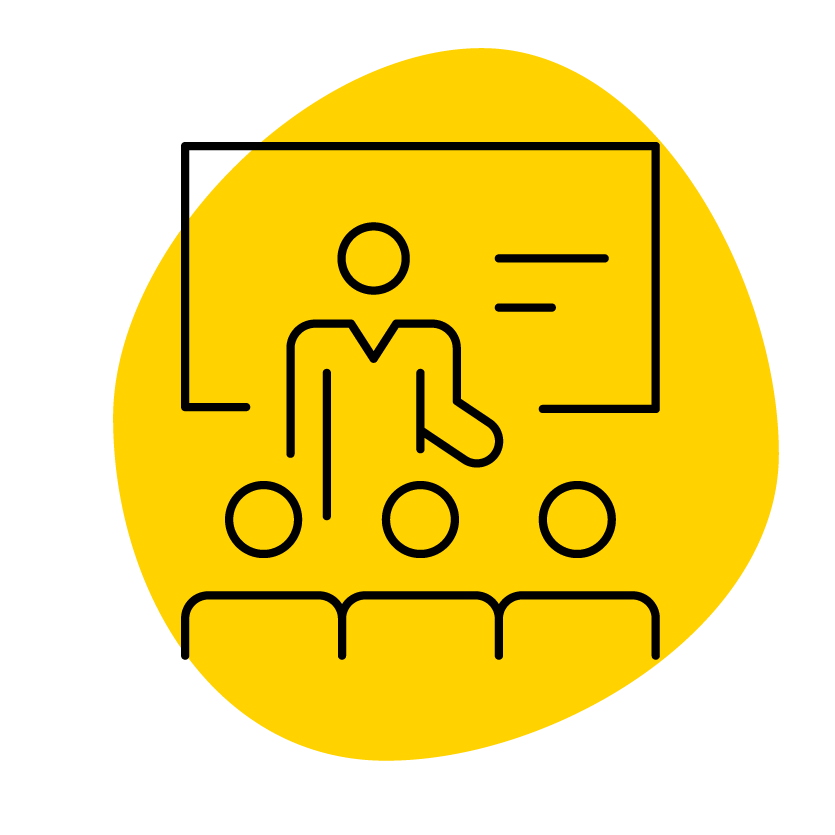What is the Brain Explorer Academy?
The Brain Explorer Academy is the CNLM’s flagship educational program for children. The program is the first in the world to combine neuroscience research, scientific communication and critical thinking skills training for children by University professors and students. Founded by Manuella Yassa, Director of Outreach and Education at the UCI Center for the Neurobiology of Learning and Memory and run by the Center’s education team, the CNLM Ambassadors, the program aims to expose young children to the wonders of the brain at an early age, teaching them the basics of neuroscience research, the scientific process, and scientific communication.
What will children learn?

Topics covered include:
- What is neuroscience?
- What are the different parts of the brain and what does each part do?
- How are the brains of different organisms similar? How are they different? Why are they different?
- Can we predict what an animal’s brain will look like based on a description of the animal?
- How do we work with scientific specimens including real sheep and human brains? What are the laboratory safety rules we must follow?
- How do scientists study the brain? What are the steps of the scientific process?
- Once scientists have new discoveries, how do they tell the world? What are the steps that a scientific article must go through before it can be published in a journal? Why are these steps important?
- How do we read critically scientific articles like real scientists? What questions should we ask?
The Brain Explorer Academy has three parts:

Understanding the brain – why does it look that way and what does it do?
We will begin the session with an overview of brain science. Children will learn about basic brain anatomy and will have the opportunity to explore with sheep and human brains, learning about laboratory safety. Children will learn to connect anatomy to function and how to predict the anatomy of an organism based on descriptions of the organism.
How do scientists study the brain? Understanding the scientific process.
Once children have a solid understanding of the basics of what the brain does, we will move into talking about how scientists study the brain. Children will learn about various ways we can study the brain the various tools that scientists use to study the brain. Children will learn about various methods such as brain imaging, behavioral testing and animal models. Children will learn about the steps a scientist must go through to design and implement an experiment, the scientific process.


Let’s tell the world! How do scientists tell the world about their discoveries?
The third section of the Academy will focus on how scientists communicate their discoveries to the world. A scientific discovery would be of no use if only the researcher who ran the experiment knew about it! Scientists must tell others about their findings to share ideas and work together to solve big problems! Children will learn about the parts of a scientific article and the review process that the article must go through before it can be published. Children will create their own scientific posters and will present their findings in a mini conference during the last meeting of the session.
Text
Educating the public is integral to the mission of the Center for the Neurobiology of Learning and Memory. We are dedicated to shaping the next generation of brain enthusiasts who are knowledgable about their own brains, aware of the implications of mental health and most importantly, are critical consumers of science.
As such, participation in the Brain Explorer Academy is 100% free. There is an application process to participate in the program and acceptance into the program is based on merit.
The Center for the Neurobiology of Learning and Memory is a non-profit organization whose programs are funded by philanthropic contributions of the community. Contributions in any amount are always appreciated and can be made by clicking here.
Text
Questions?
Please email us at [email protected]